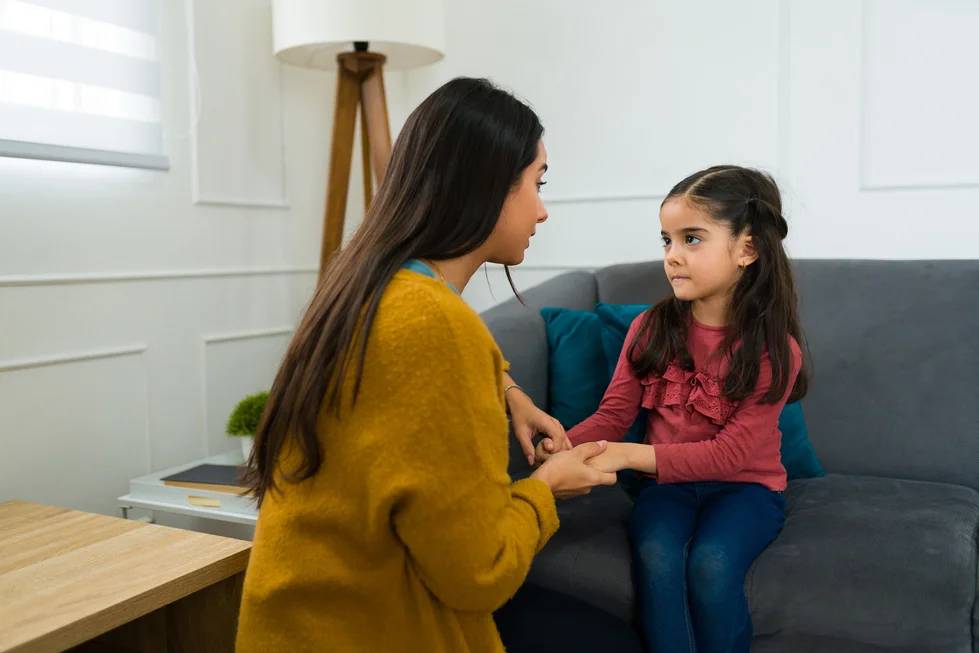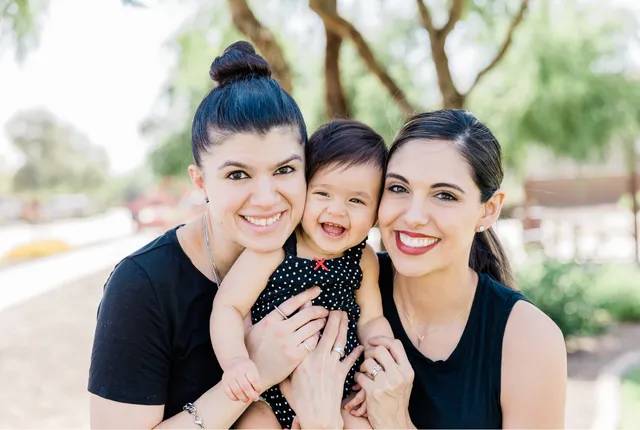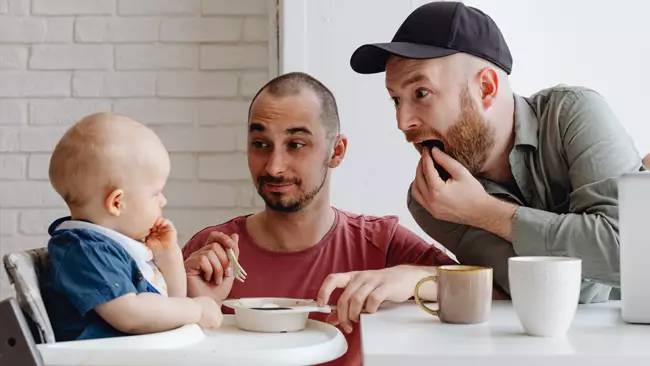Voluntary Declaration of Parentage in San Diego

A voluntary declaration of parentage (VDOP) is a legal form that creates parentage for a child in California outside of the court system. When both parents sign a VDOP, they both attest that they are the child’s legal parents, which gives the father/second parent all of the rights and responsibilities as if a court had ordered parentage.
In San Diego, most voluntary declarations of parentage are signed at the hospital at the time of birth, but may also be signed later at an office. It is useful for California parents to understand the VDOP process, where to sign a VDOP, and the legal effects of signing to help protect parental rights and provide benefits to the child.
 San Diego Divorce Attorneys Blog
San Diego Divorce Attorneys Blog





 Families today don’t always follow the “Mom-Dad-Kids” template. Around San Diego, you’ll find LGBTQ+ co-parents, polyamorous families, platonic co-parents, cohabiting exes, stepparent blends, and chosen families of every kind. Yet, California’s legal framework, which is built largely for traditional two-parent, biological scenarios, can leave these modern families vulnerable.
Families today don’t always follow the “Mom-Dad-Kids” template. Around San Diego, you’ll find LGBTQ+ co-parents, polyamorous families, platonic co-parents, cohabiting exes, stepparent blends, and chosen families of every kind. Yet, California’s legal framework, which is built largely for traditional two-parent, biological scenarios, can leave these modern families vulnerable. Divorce is often talked about as a legal process, referencing a set of documents, court dates, and custody schedules. However, for many adults, divorce can shake their sense of safety, identity, and trust, leaving emotional wounds that feel more like trauma than just heartache. Legally, people tend to focus on the logistical divorce process and assume it is over after these tasks are completed. However, there is a reality to divorce PTSD that affects many divorced individuals.
Divorce is often talked about as a legal process, referencing a set of documents, court dates, and custody schedules. However, for many adults, divorce can shake their sense of safety, identity, and trust, leaving emotional wounds that feel more like trauma than just heartache. Legally, people tend to focus on the logistical divorce process and assume it is over after these tasks are completed. However, there is a reality to divorce PTSD that affects many divorced individuals. When a marriage ends, one of the hardest questions for separating parents is: where will the children call home? The traditional model usually means kids split their time between two households, which can create an upheaval in routines, friendships, and emotional stability. However, a growing trend known as birdnesting (or “nesting”) changes that dynamic.
When a marriage ends, one of the hardest questions for separating parents is: where will the children call home? The traditional model usually means kids split their time between two households, which can create an upheaval in routines, friendships, and emotional stability. However, a growing trend known as birdnesting (or “nesting”) changes that dynamic. California Family Court is conscious of the need for assistance and programs that address the issues of domestic violence. At the same time, whenever possible, they want to allow every child to have the opportunity to have a relationship with both parents, despite the presence of domestic violence. The interest of the child must be held paramount to all other considerations, as well as the protection of the child’s primary caregiver.
California Family Court is conscious of the need for assistance and programs that address the issues of domestic violence. At the same time, whenever possible, they want to allow every child to have the opportunity to have a relationship with both parents, despite the presence of domestic violence. The interest of the child must be held paramount to all other considerations, as well as the protection of the child’s primary caregiver. For many parents who disagree on child custody, family law mediation can be a step in the right direction. Mediation is a last-chance effort to establish agreeable terms and avoid litigation.
For many parents who disagree on child custody, family law mediation can be a step in the right direction. Mediation is a last-chance effort to establish agreeable terms and avoid litigation. After you finalize a divorce, the hope is that you won’t have to deal with issues with your ex-spouse any longer. Unfortunately, divorce isn’t always the end for some people. This can be especially true when children are involved. If you were married with minor children, it’s likely that child custody came up as a term of the divorce. If you’re struggling with the terms of your child custody outcome, here are several tips for navigating disputes in California.
After you finalize a divorce, the hope is that you won’t have to deal with issues with your ex-spouse any longer. Unfortunately, divorce isn’t always the end for some people. This can be especially true when children are involved. If you were married with minor children, it’s likely that child custody came up as a term of the divorce. If you’re struggling with the terms of your child custody outcome, here are several tips for navigating disputes in California.